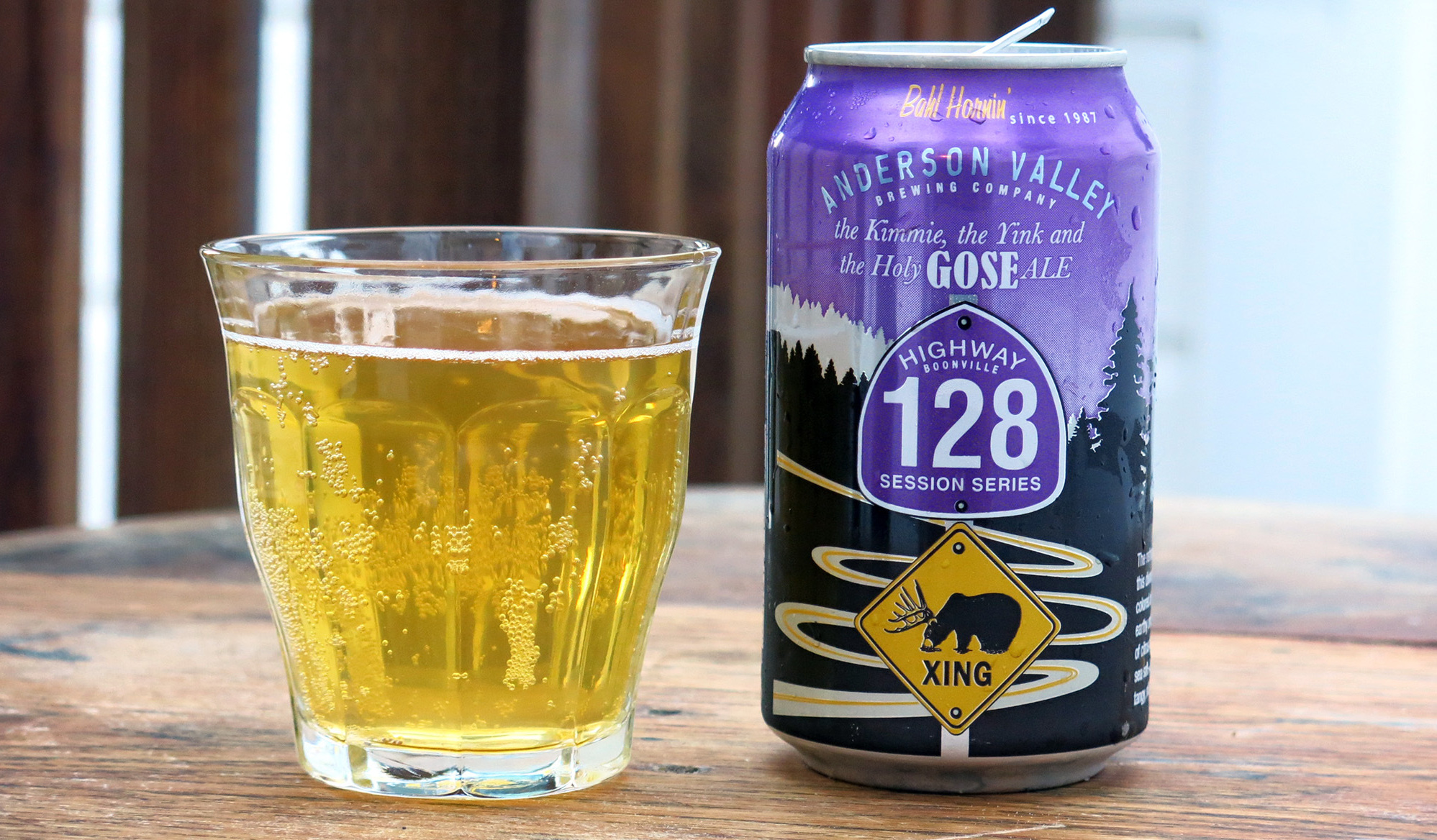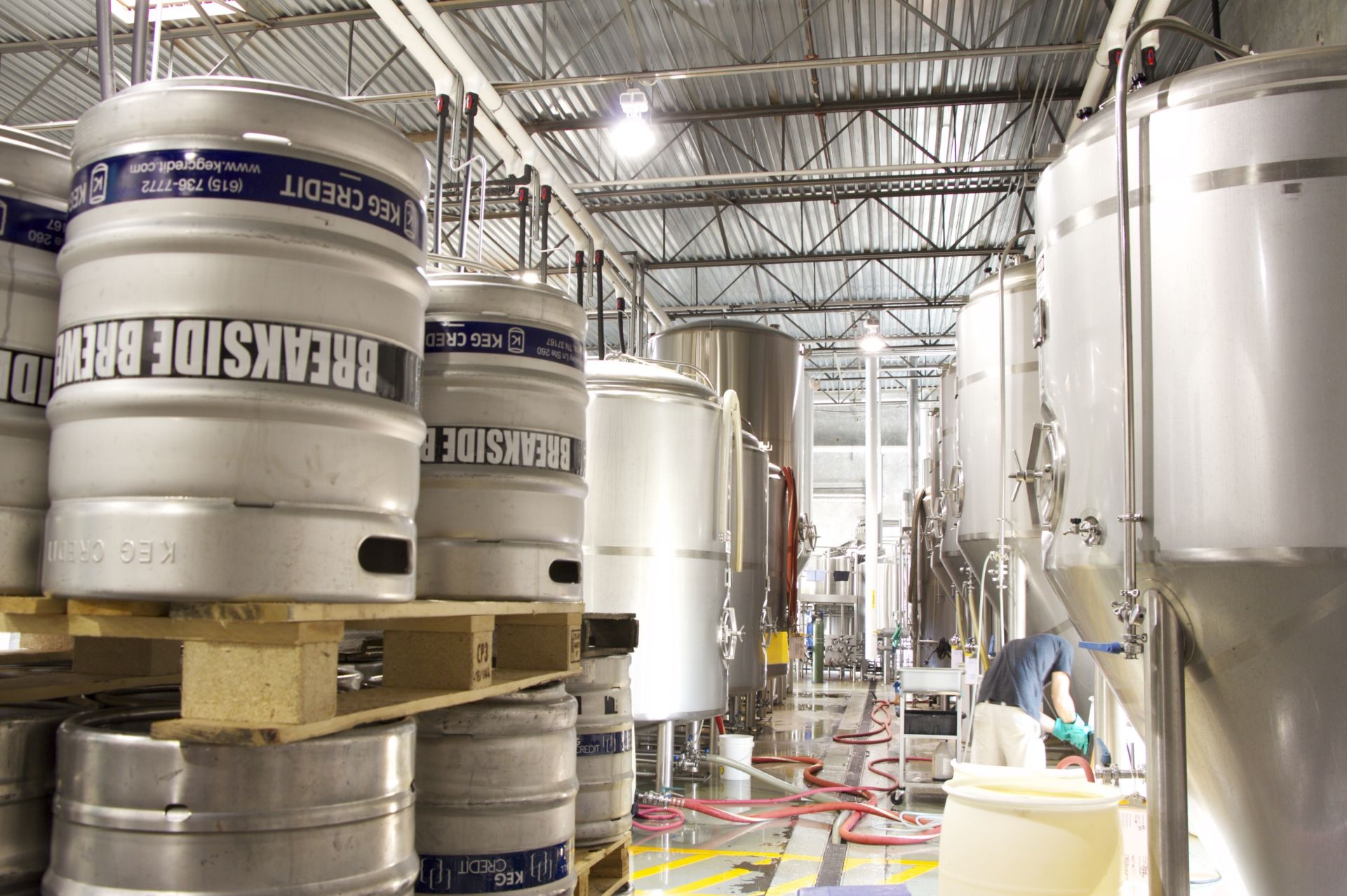If you're tuned into the world of beer, you may be aware of sour beers — a loosely defined style that has been made for centuries but is gaining fresh appreciation in today's craft beer renaissance. Brewers make these beers by deliberately adding bacteria and, sometimes, wild yeast to the brew, then letting them age slowly. It sounds weird, but sours can be delicious — tart and earthy, and redolent of things like leather, fruit and wood.
They're also very hard to make, requiring months or years of letting the beer gradually mature in the cellar. And all the while, brewers must take extra precautions to prevent the souring microbes from bursting out and contaminating the rest of their nonsour beers — a major logistical hitch and expense. That's why some brewers refuse to make sours: They're too much trouble. And those who do make them sell the beers at high prices, often $5 or $6 for a dainty 6-ounce sample.
But a technique that makes brewing sour beers fast and easy is trending across America — making sours much more affordable. The technique is called kettle souring, and it allows brewers to produce a mouth-puckering sour in about the same time it takes to make any other beer. The result can be generous pours of acidic, face-twistingly refreshing beer for the standard price of a pint.

In Portland, Ore., breweries like The Commons and Gigantic are serving tall glasses of kettle-soured beer for between $4 and $5, while nearby Breakside Brewery is selling bottles of kettle-soured beers for just $6. (Breakside sells bottles of traditionally made sours for as much as $18.) The kettle-souring trend is also taking off in breweries in St. Louis and Kansas City, Mo., Charlotte, N.C., and Missoula, Mont.
Kettle-soured beers use some of the same critters as traditional sours to achieve a crisp, sharp tang: bacteria of the Lactobacillus genus, which munch on the sugars in beer and convert them into acids, while also turning out flavors and aromas. Some brewers will even use a dollop of yogurt made with Lactobacillus cultures to kettle sour their beers. (Traditional sours often also use Pediococcus bacteria and Brettanomyces yeast, but right now, most brewers who use kettle souring rely on Lactobacillus.)

